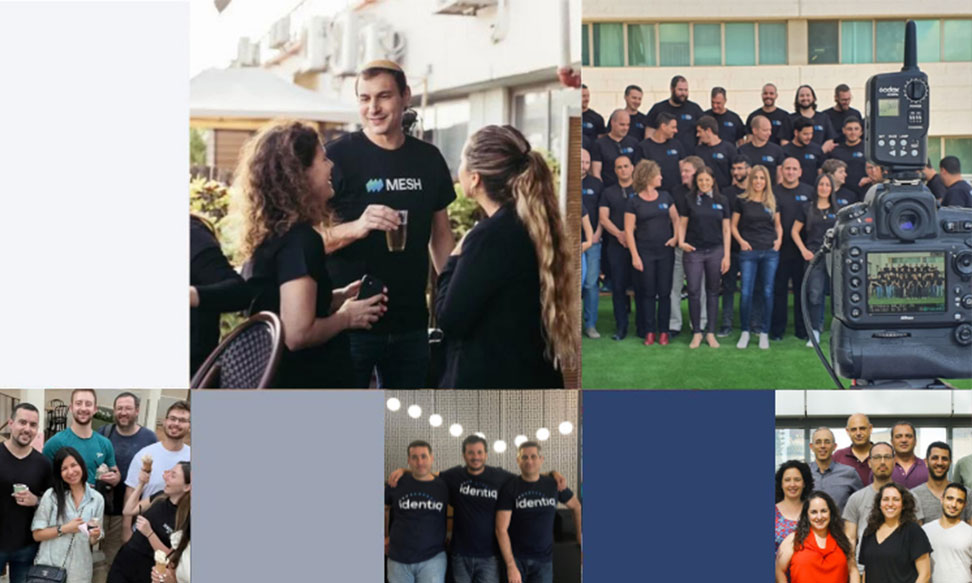OffChain (Backend) - Sr. Software Engineer

Lightblocks
About us
eOracle (By Lightblocks Labs) is pioneering the integration of real-world data with blockchain technology. oracle bridges the gap between technology and economics within the blockchain ecosystem through the creation of the Ethereum oracle, enhancing decentralized applications' scalability, security, and functionality.
Role Overview
As the Sr. Software Engineer at lightblocks Labs, you will be responsible for designing, developing, and delivering innovative blockchain solutions and decentralized applications (Dapps). You will play a critical role in driving technical excellence, fostering collaboration, and guiding the implementation of best practices across the full-stack development lifecycle. You will collaborate closely with stakeholders to translate business requirements into scalable and reliable software solutions that advance our mission of establishing a global, permissionless, and cryptoeconomically secure data and computation marketplace.
Responsibilities
- Engage with product managers, business team, and other stakeholders to improve eOracle services.
- Develop eOracle services following best practices
- Develop unit tests and increase code coverage
- Do peer’s code review.
- Optimize the performance of eOracle services.
- Provide insight into best practices for developing secured, efficient, scalable services.
- You will work with various development languages (Golang, type scripts, …), frameworks (Golang Web3, Prometheus, grpc, Websocket, …), tools (Prometheus, Grafana, Loki, dockers, GitHub actions, Kubernetes, …), databases (Postgres, MongoDB, MySQL, …), and many more.
Requirements
- At least 5 years of hands-on experience as a backend engineer, using TypeScript and Golang
- Experience with architecture design, focus on microservices
- Can-do attitude
- Willing to dive into unfamiliar areas
- Experience working with relational databases (e.g., MySQL, PostgreSQL) and NoSQL databases (e.g., MongoDB, Cassandra).



